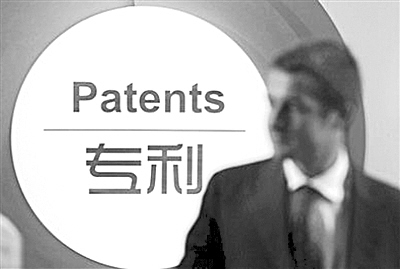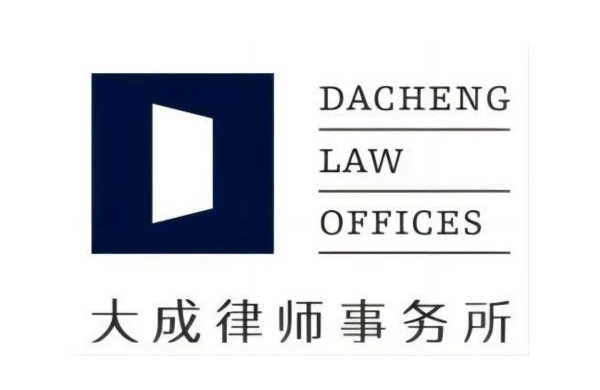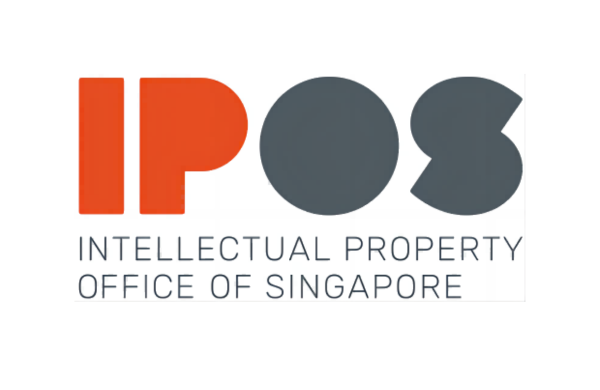Did not receive verification mail? Please confirm whether the mailbox is correct or not Re send mail

IPR Daily
- 2016-11-20 09:21:12
Guidance on the Regulations of Reducing Patent Fees in China
Who can Request?
Individuals, whose average monthly salary is no more than RMB3, 500 (about USD522), or whose personal annual income is no more than RMB42, 000 (about USD6,269) in the last calendar year (i.e. a year starting from Jan.1 and ending on Dec.31 );
Enterprises, whose taxable annual income is no more than RMB300,000 (about USD44,776) in the last calendar year;
Public Institutions, Social Groups and Non-profit Public Research Organizations.
Individuals: notarized copies of his or her ID, e.g. passport, and the taxable income certificate from the local Tax Department, showing that the person’s annual income in the last calendar year is under the amount equivalent to RMB42,000 (USD6,269). If there is no taxable income certificate, the attestation made by the local public notary with the testimony on this person’s annual income is required.
The originally executed Powers of Attorney by the applicant(s).
Together with filing the new Chinese patent application for all the official fees mentioned in the above item (2); or,
before two and half months from the payment deadlines of any of the official fees mentioned in the above item (2). (b), (c) and (d) for pending or granted cases. But the official fees already paid before the request for reduction of official fees could not be reduced, neither the official fees due within two and half months from the request.

The Ministry of Finance and the National Development and Reform Commission (NDRC) released New Regulations on Reducing Patent Fees for Qualified Applicants. The new Regulations on Reducing Patent Fees came into force on September 1st, 2016 in China. As of the effective date, individuals or entities who meet the eligibility criteria prescribed by the Regulations could enjoy an 85% or 70% reduction of fees for processing a patent application, which is limited to certain items of official fees.
With the new regulations coming into force, foreign persons and entities may now enjoy reduction of patent fees upon meeting certain criteria. The following introduction will probe into the details of the Regulations.
If the Chinese patent or patent application is co-owned by two or more co-applicants, all the applicants shall meet the above-mentioned requirements respectively.
(The above equivalent US fees are for your reference and will be subject to the floating exchange rate)
2. Which fees are reduced?
The reduction of patent fees is directed to so called official fees set forth by the SIPO, and in particular:
Filing fees (excluding publication fee and any surcharge);
Fee for initiating substantive examination (applied solely to patent applications for invention);
Fee for re-examination;
Annuities (for six consecutive years since the grant of a Chinese patent, including the one due in the registration fees);
For Chinese nationalization entry of a PCT application, the applicant(s) could only enjoy the reduction on fee items c) and d).
3. How much is reduced?
If a Chinese patent/application is owned by one single owner, the sole owner can receive 85% reduction of related official fees prescribed in the above item (2). If a Chinese patent/application is co-owned by two or more owners, the co-owners can receive 70% reduction of related official fees.
4. How to Request?
Normally, two steps are to be taken for the applicant to request the Patent Fees Reduction: 1) Recording the qualification for the Fee Reduction, and 2) filing the Fee Reduction Request for an individual case. Please kindly find the detailed information regarding the two procedures as follows:
4.1. Recordal of qualification
As of Sept.1, 2016, firstly, all individuals and entities which are qualified for official fees reduction, shall record their qualification through the SIPO’s online service system with submission of necessary documents. Once the Recordal is permitted upon examination, the SIPO will issue a recordal number.
The recordal, upon effect, could remain effective for a calendar year, within which the applicant/patentee could file a request for the official fees reduction for all its target patents/applications filed in or before this year case by case, by quoting the recordal number. To renew any recordal after this calendar year, the request shall be filed again, with the same required documents.
As for foreign individuals and entities, Chinese agents shall be designated to make such recordal. In light of current practice, we would like to list the necessary documents for foreign individuals and entities to make this recordal as follows:
Enterprises: notarized copies of Business Certificate and the Annual Taxable Income Certification from the local Tax Department, showing that the entity’s taxable income in the last calendar year is under the amount equivalent to RMB300,000 (USD44,776);
Public Institutions, Social Groups and Non-profit Public Research Organizations: notarized copy of the Certificate attesting its legal status.
Please note that, all the notarized documents mentioned above should be further legalized by the local Chinese embassy or consulate. And the full Chinese translation thereof is required.
4.2 Request on a case-by-case basis
Within the calendar year, in which the recordal of the official fees Reduction remains effective, the request for official fees reduction for a specific case could be made either:
Once the reduction request on a case-by-case basis is approved, no further request is needed to effect the official fee reduction for this case in its remaining lifespan.
However, an ownership change may affect the reduction of the subsequent official fees. For instance, as to a case with ownership change due to the merger or assignment after filing, the surviving entity or the assignee, even having obtained a recordal number for reduction, after the completion of the recordal of the ownership change at the SIPO, shall file the request for Official Fees Reduction for the same Chinese case again. Otherwise, the new owner(s) could not enjoy the reduction of the subsequent official fees cited in above item (2). b), c) and d), if any.
From:CCPIT Patent & Trademark Law Office - Qi Liu, Yan Wang and Xiaowei Zhang
Editor:Judy
- I also said the two sentence
- Also you can enter 140words
 PurpleVine Successfully Assists Client in Invalidating Sisvel US Patent
PurpleVine Successfully Assists Client in Invalidating Sisvel US Patent Chang Tsi & Partners Successfully Represents Wuxi's First Intellectual Property Civil Case Attached to Criminal Case
Chang Tsi & Partners Successfully Represents Wuxi's First Intellectual Property Civil Case Attached to Criminal Case China Monthly Antitrust Update: February 2024
China Monthly Antitrust Update: February 2024 IPOS was publishing a legal decision involving the trademark of tech giant, Google
IPOS was publishing a legal decision involving the trademark of tech giant, Google


